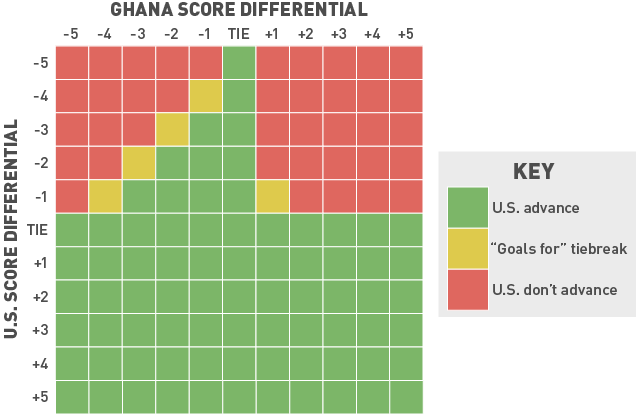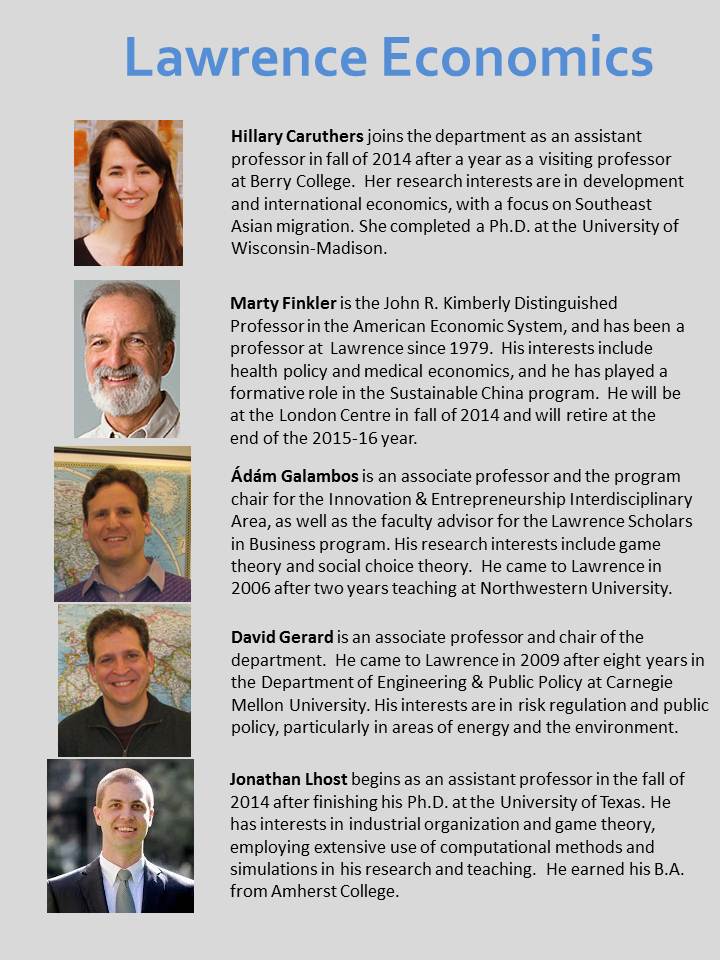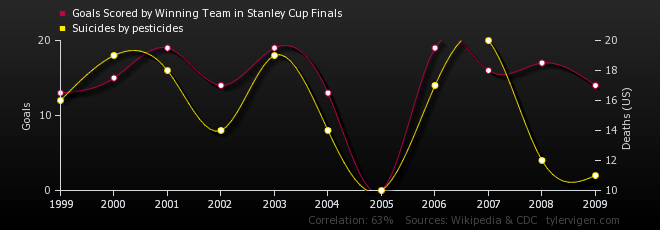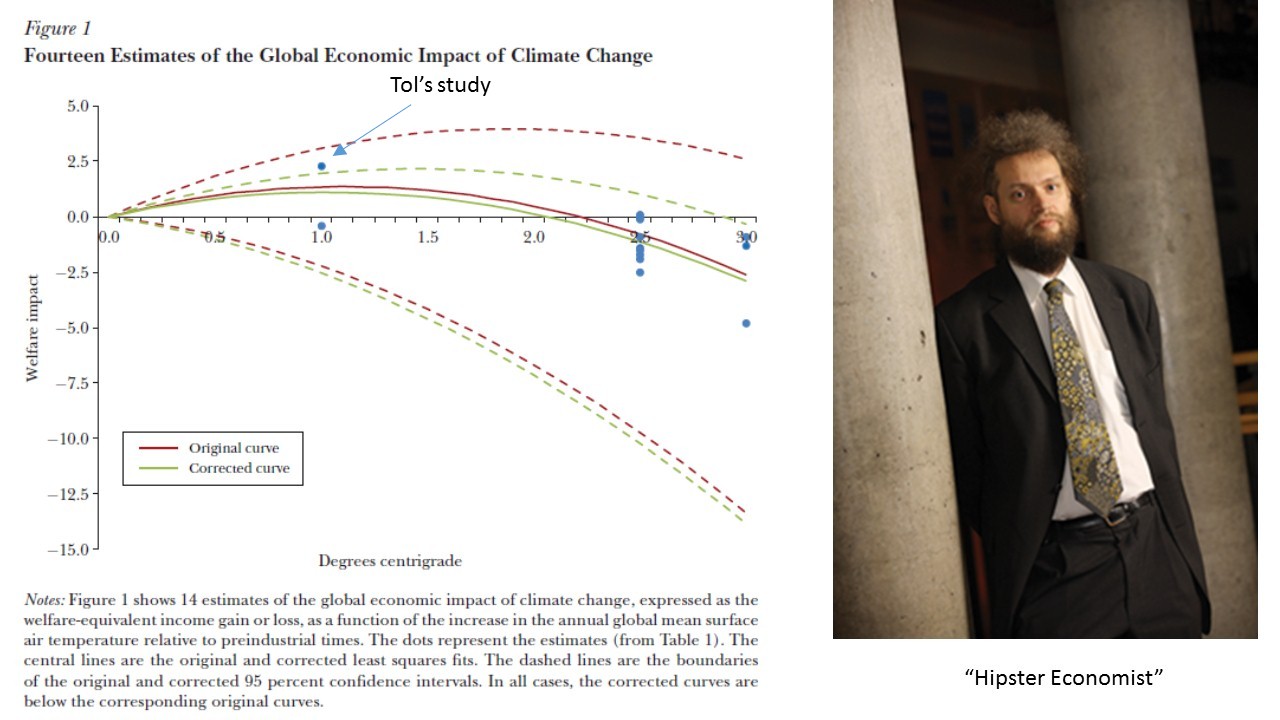The limited release of the iPhone 6 has Jason Kottke wondering about international arbitrage, what he calls a “black market.” Check out the video.
He links us up to Bloomberg News report on international arbitrageur, Mr. Liu, who is a specialist in matching up international supply and demand:
While the device debuted today in the U.S., Hong Kong, Japan and Australia, there is no release date set for the world’s biggest smartphone market. That creates an opportunity for Liu, who promises two-day delivery of a 16-gigabyte iPhone 6 for 8,000 yuan ($1,303) — almost double the price on Apple’s Hong Kong website.
What a great quote:
“It’s going to be a while before the new iPhone comes to China officially, so if you want it now, you have to pay up… Give me a call if you want one.”
It’s not clear to me where the moral high ground is — why should citizens in western countries have preferential access to these new technologies? Is there really anything wrong with hooking our Chinese brethren up with a phone when they come out, rather than having them wait three months like the last iPhone release? Again, here’s Bloomberg:
The phones are multiband devices that will work anywhere. Yet anyone selling a device on China’s black market breaks at least two laws — the requirements to pay hefty import duties and to only use mobile phones sanctioned for sale by the government.
There it is.





